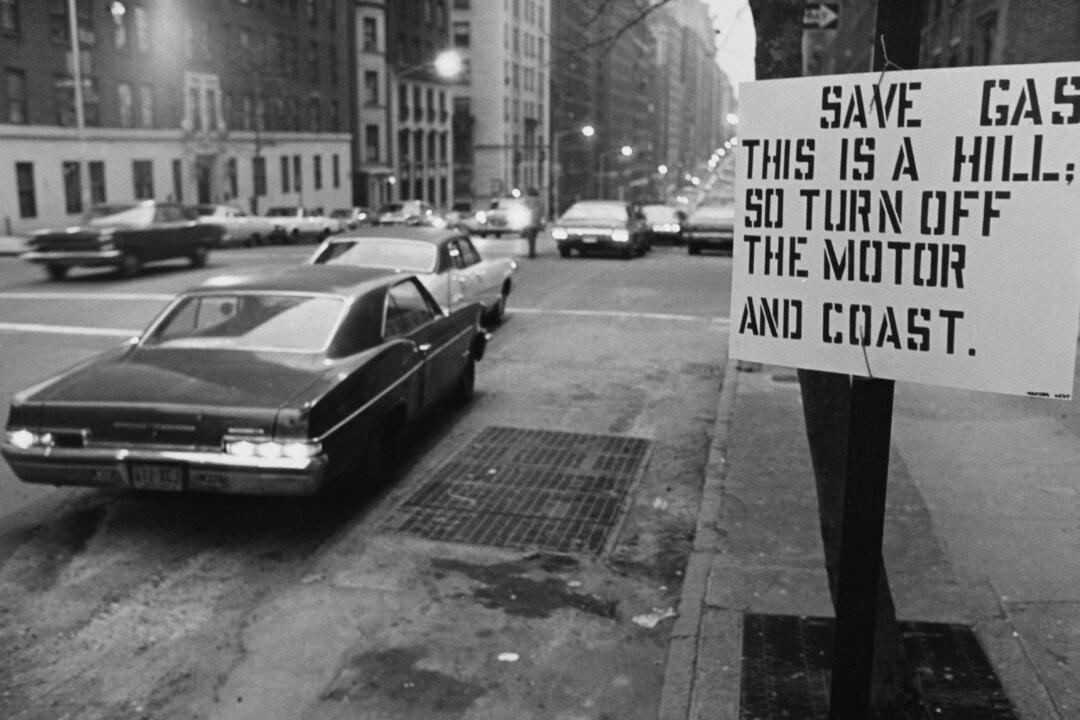Commentary
The Commerce Department reports that inflation-adjusted spending declined by 0.4 percent in May. It’s the first decline in real spending since December and a real foreshadowing of what’s coming. The trajectory is now well-established: depleted savings, real income flat and declining, consumers worrying, investors rethinking everything, and the public ever more demoralized and frustrated.





